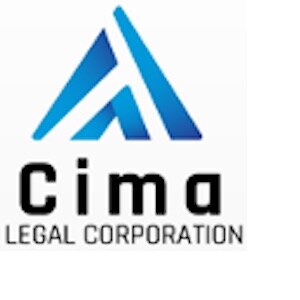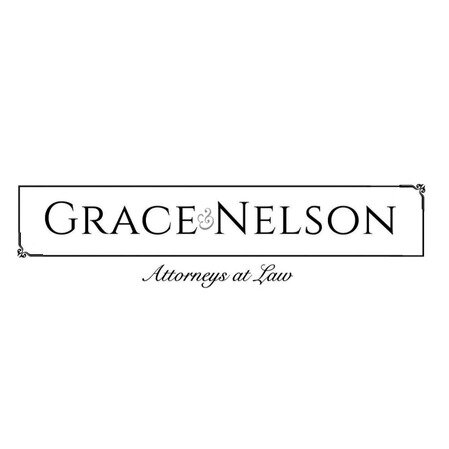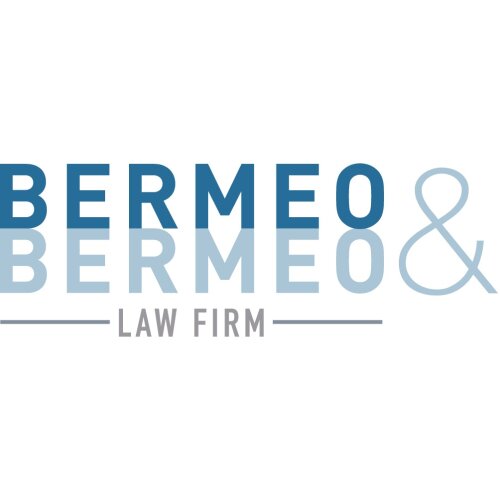Best Sanctions & Export Controls Lawyers in Ecuador
Share your needs with us, get contacted by law firms.
Free. Takes 2 min.
Or refine your search by selecting a city:
List of the best lawyers in Ecuador
About Sanctions & Export Controls Law in Ecuador
Sanctions and export controls are legal measures that govern the transfer of goods, technology, and services across Ecuador's borders, especially in relation to national security, international obligations, and foreign policy. These regulations help Ecuador comply with United Nations Security Council sanctions, as well as manage its own trade policies and defense against illicit exports. Both domestic and international companies operating in or through Ecuador must comply with these rules, which can affect everything from the export of sensitive technologies to the import of sanctioned goods or dealings with restricted entities.
Why You May Need a Lawyer
Legal assistance is often crucial in the area of sanctions and export controls for several reasons. Individuals and businesses may require a lawyer if they are involved in the shipment of goods subject to restrictions, receive government notices about compliance, or face penalties for alleged violations. Other common situations include mergers and acquisitions involving foreign entities, disputes with customs authorities, and the need to understand evolving local and international regulations. Lawyers can advise on compliance programs, assist in obtaining necessary licenses or permits, defend against investigations, and help navigate complex administrative procedures.
Local Laws Overview
Ecuador's legal system enforces sanctions and export controls primarily through customs legislation, criminal code, and regulations established by specialized government agencies. The Organic Code of Production, Commerce, and Investments (COPCI) is a key statute, along with the Customs Law and the Penal Code, which contains provisions against the illegal transfer of goods. The Ministry for Foreign Affairs and the National Customs Service (SENAE) issue and enforce measures related to sanctioned countries, embargoed goods, and restricted technologies, often in coordination with international organizations.
Exporters may need specific licenses for certain dual-use items or products deemed sensitive for security reasons. Importers and exporters must also adhere to international sanction resolutions, especially those adopted by the United Nations Security Council. Violations can result in cargo seizures, substantial fines, loss of import-export privileges, and, in some cases, criminal prosecution.
Frequently Asked Questions
What are export controls?
Export controls are regulations that restrict or limit the export of certain goods, technologies, or services from Ecuador to other countries, often for security, foreign policy, or environmental reasons.
What types of goods are typically controlled by Ecuadorian law?
Controlled goods may include arms and defense-related items, dual-use goods that can have both civilian and military applications, certain chemicals, technology with potential strategic implications, and items subject to international treaties or agreements.
Who enforces sanctions and export controls in Ecuador?
The main agencies are the National Customs Service (SENAE), the Ministry of Foreign Affairs, and sometimes the Central Bank of Ecuador, depending on the nature of the controls.
Do international sanctions apply in Ecuador?
Yes, Ecuador adheres to binding United Nations Security Council sanctions and implements them through local regulations. Other regional or country-specific sanctions may also be recognized.
What are the penalties for violating sanctions or export controls?
Penalties can range from fines and confiscation of goods to revocation of permits, closure of business operations, and even criminal prosecution, depending on the severity of the violation.
Does a small business need to comply with export control laws?
Yes, all businesses, regardless of size, must comply with export control laws if they engage in international trade involving controlled or restricted items.
Can I export technology or software without restrictions?
Not always. Some technologies and software fall under dual-use or sensitive categories and may require export licenses or government approval.
What should I do if my goods are held at customs due to suspected violations?
You should contact a lawyer experienced in sanctions and export controls to assess the situation, communicate with authorities, and help resolve the matter as quickly and favorably as possible.
How can I check if a product is subject to export controls?
You can review Ecuador's official classifications published by SENAE and relevant ministries or seek advice from a specialized lawyer or customs broker.
Is it possible to appeal a decision related to sanctions or export controls?
Yes. You have the right to challenge or appeal administrative decisions through local courts or administrative review processes, often with the assistance of legal counsel.
Additional Resources
If you need further guidance, consider reaching out to the following local resources:
- National Customs Service of Ecuador (SENAE) - Main regulatory authority for enforcement and compliance
- Ministry of Foreign Affairs and Human Mobility - For matters relating to international sanctions
- Ecuadorian Chambers of Commerce and Exporters - Guidance on best practices and compliance programs
- Legal aid clinics at major Ecuadorian universities - For initial consultations
- Private law firms specializing in international trade and customs law
Next Steps
If you require legal assistance with sanctions or export controls in Ecuador, start by collecting all relevant documents and correspondence related to your situation. Reach out to a lawyer who specializes in this field for a consultation, where you can discuss your case in detail. A qualified attorney can help you understand your obligations, respond to investigations, secure necessary licenses, and guide you through appeals if needed. Staying proactive and informed is key to avoiding penalties and protecting your business interests in the evolving landscape of trade regulations.
Lawzana helps you find the best lawyers and law firms in Ecuador through a curated and pre-screened list of qualified legal professionals. Our platform offers rankings and detailed profiles of attorneys and law firms, allowing you to compare based on practice areas, including Sanctions & Export Controls, experience, and client feedback.
Each profile includes a description of the firm's areas of practice, client reviews, team members and partners, year of establishment, spoken languages, office locations, contact information, social media presence, and any published articles or resources. Most firms on our platform speak English and are experienced in both local and international legal matters.
Get a quote from top-rated law firms in Ecuador — quickly, securely, and without unnecessary hassle.
Disclaimer:
The information provided on this page is for general informational purposes only and does not constitute legal advice. While we strive to ensure the accuracy and relevance of the content, legal information may change over time, and interpretations of the law can vary. You should always consult with a qualified legal professional for advice specific to your situation.
We disclaim all liability for actions taken or not taken based on the content of this page. If you believe any information is incorrect or outdated, please contact us, and we will review and update it where appropriate.
Browse sanctions & export controls law firms by city in Ecuador
Refine your search by selecting a city.

















